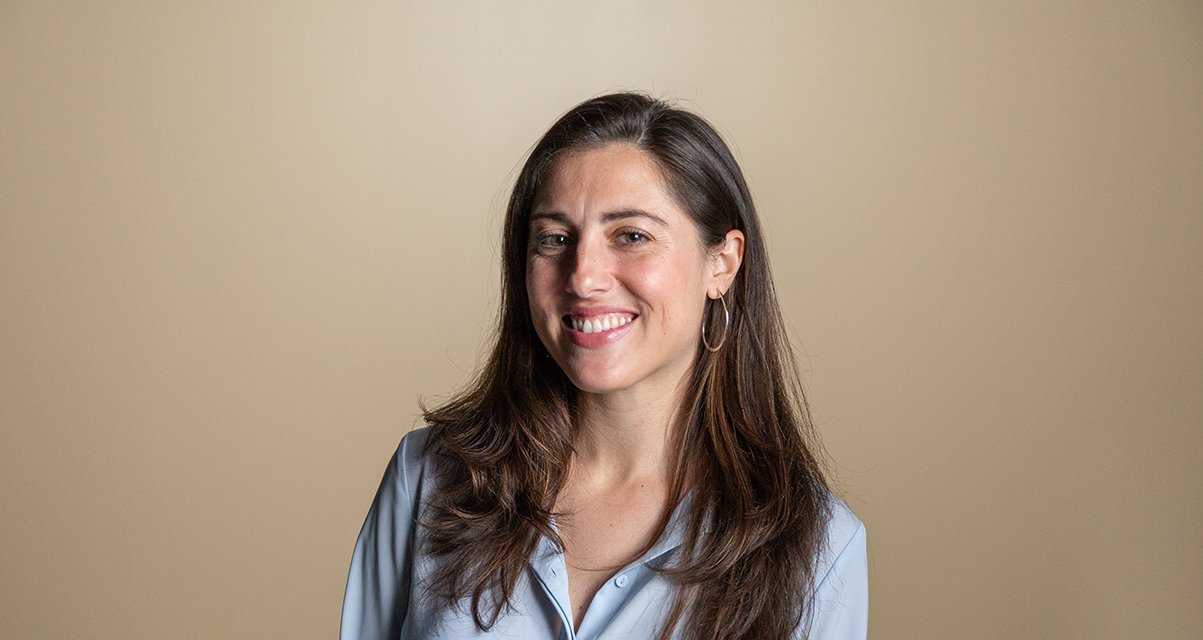“Learning by representing is quite the experience”
The benefits of being a member of Forskerforbundet are both collective and individual, according to NUPI researcher Wrenn Yennie Lindgren.
“In 2013, when I started working at NUPI, I didn’t know much about Forskerforbundet. Then, in 2015, two colleagues knocked on my door and asked me if wanted to be a representative – a tillitsvalgt. So becoming tillitsvalgt was my first experience with the union.”
Wrenn Yennie Lindgren moved from Japan to Norway in 2011 – “for love and studies”, as she puts it.
The American research fellow started working at the Norwegian Institute of International Affairs (NUPI) two years later, and she is now finalizing her PhD in International Relations at Stockholm University.
While joining Forskerforbundet happened by chance, Wrenn quickly saw it as an opportunity to get involved. And she learned a lot about rules, regulations and internal procedures along the way.
“It was also a great way to use my Norwegian, as I was exposed to many new terms. Learning by representing is quite the experience”.
Cultural identity shapes policies
Yennie Lindgren specializes in international relations in East Asia and particularly Japan’s foreign and security policy, as well as Asian states’ interests in the Arctic.
“There is an increasing interest in and need for more knowledge about Asia in Norway. It’s easy to get caught up in developments in one’s own backyard, focusing on relations with Russia or the EU. But there’s also a very clear Asian engagement in the Arctic and the developments taking place in Asia now will have a ripple effect throughout the international system, in Norway too.”
While some researchers are trying to solve very specific problems, Yennie Lindgren’s research is more nuanced.
“What I try to do is look into culture and identity, and how those often overlooked factors shape the dynamics of foreign policies, which may help us understand how and why certain choices are made.”
Rewarding on an individual level
Having just returned to Norway after a fellowship abroad, Wrenn is now back to being an ordinary member of Forskerforbundet, and is no longer observing the action from afar. Still, even while abroad the organization provided her with important benefits, including information sharing about workplace developments and access to insurance.
“To me, having travel insurance during my fieldwork in Japan and Myanmar has been essential”, Wrenn explains, adding:
“There are also various meaningful courses offered for Forskerforbundet members as well”.
Wrenn has encouraged a number of her colleagues to join Forskerforbundet over the years. Salary is usually a good place to start that conversation, she admits.
“I do try to emphasize that it is not only about collective interests, but rewarding on an individual level as well. It’s an information sharing effort that lends to the transparency of how a workplace is managed, which leaves you with a deeper respect for the people running it. So, the benefits are both collective and individual.”

